Water Rangers

Industrial livestock operations are among the worst water polluters in the U.S. Because these facilities confine so many animals in one place, they generate vast amounts of waste, which is typically stored onsite before being applied untreated to surrounding land.
Unfortunately, as a result of weak regulatory policies, mismanagement and overapplication of waste is the norm, causing ground and surface waters to be contaminated with pollutants such as nitrogen, phosphorus, organic matter, heavy metals, and harmful pathogens like E. coli, Salmonella, and Cryptosporidium. This contaminates drinking water wells, causes fish kills, spawns toxic algal blooms, and renders local waterways unsafe for swimming, fishing, boating, and other recreational uses. In short, rural residents living near industrial livestock operations are on the front lines of a water pollution crisis that threatens their health, environment, and quality of life.
SRAP’s Water Rangers program is designed to empower these communities to protect their right to clean water and to hold industrial livestock operations accountable for pollution. We train program participants in EPA-approved water testing techniques, and provide them with tools to collect and analyze water samples. Participants also learn how to effectively document and report pollution violations to regulators in order to prompt enforcement action. The Water Rangers program empowers community members to reverse a decades-long trend of handing industrial agriculture a free pass to pollute.
If an industrial livestock operation poses a threat to your water, contact SRAP.
